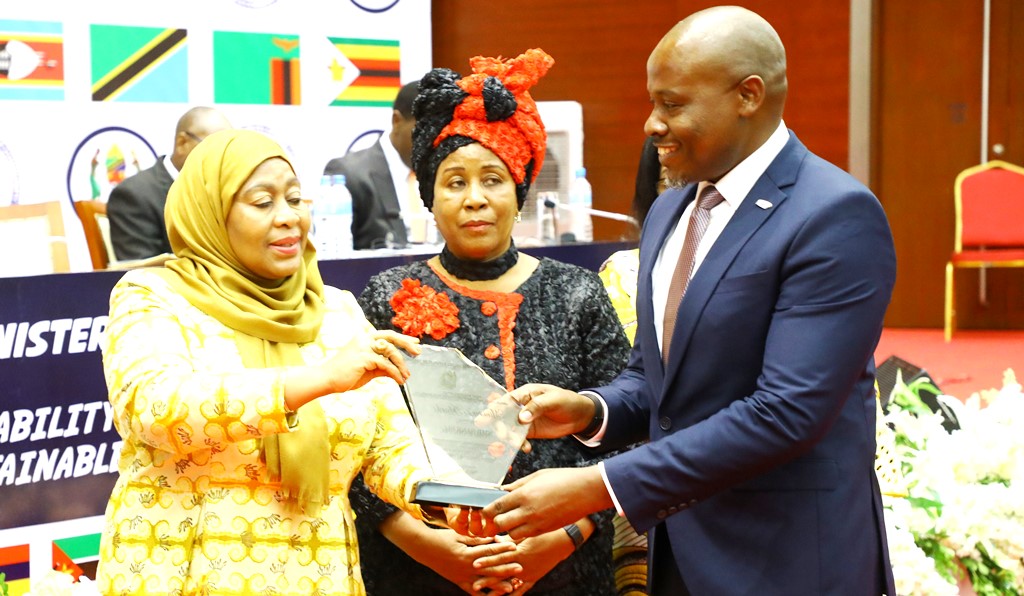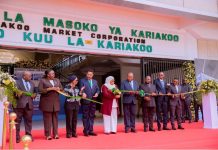SADC member states have started instituting affirmative measures to address unemployment that has remained a global challenge.
Among measures adopted is the launch of internship programmes that would enable graduates and youths acquire employment skills and make them competitive and productive in the labour market.
SADC ministers responsible for labour and employment have also been drawing mechanisms, policy and guideline proposals that would widen and allow labour migration in the region while maintaining social security funds benefits to employees.
In their two-day meeting that kicked off yesterday, participants were also urged to discuss and come up with strategies that would retain people’s jobs out of the ongoing technological advancements.
Vice-President, Ms Samia Suluhu Hassan who graced the meeting raised the challenge, saying the move would help to reduce poverty among member countries.
“We need technological advancement but it shouldn’t ab sorb people’s employment, there must be a balance of it for the welfare of people in the region,” she noted.
She said the meeting should come up with guidelines that would harmonise the labour and employment sector as well as generating more opportunities.
According to the VicePresident, there is still no clear guideline to supervise the sector and ensure sustainable employments and the related opportunities especially for the youth who occupy the largest population.
Statistics by the International Labour Organisation (ILO) shows that over 187 million people (equivalent to 5.4 per cent) in the world are unemployed, while 2 billion others who make 60 per cent of the labour force are working in the informal sector.
“Also, over 267 million people aged between 15 and 24 years are neither at school nor working, while 429 million youths are studying. Only 509 million youths are employed in the formal sector,” said the Vice-President.
She was of the view that, SADC, being part of the world, has an obligation of creating a room for youths to either selfemploy or be employed.
“As part of the solutions, member countries can borrow a leaf from Tanzania’s approach of providing internship programmes to the youth with different specialisations so that they can fit for the job market,” she added.
Youths constitute 60 per cent of the entire workforce in SADC. During the event, Ms Hassan also gave certificates and trophies of appreciation to institutions that received a huge number of interns for practical training.
Trophies were given to Tanzania Cigarette Company (TCC), CRDB bank, NMB Bank, NBC Bank, Tanzania Telecommunications Corporation (TTCL), Tanzania Electric Supply Company Limited (Tanesco), Kagera Sugar Company and Tanzania Breweries Limited (TBL), while Tanzania Revenue Authority (TRA) received a certificate.
Earlier, the Minister of State in Prime Minister’s Office, Policy, Parliamentary Affairs, Labour, Employment, Youth and the Disabled, Ms Jenista Mhagama said the government was focused on improving the skills of the available workforce.
The minister revealed that Tanzania’s youth workforce stood at 15.7 million which was equivalent to 56 per cent of a total population of the country’s manpower.
According to Ms Mhagama, there are 5,780 youths who are doing internship programmes in various institutions and over 1,827 people have secured employment after taking part in the programme.
“There are over 14,000 applications from graduates from different professions, they will be placed in various institutions according to the needs,” she said.
Expounding further, the minister said the attending delegates will discuss and adopt different agendas including those that were discussed March, last year in Windhoek, Namibia.
TTCL Director General Mr Waziri Kindamba, who attended the meeting, said last year they trained 200 interns where 40 of them secured employment in the corporation and some others were employed in other companies and institutions.







